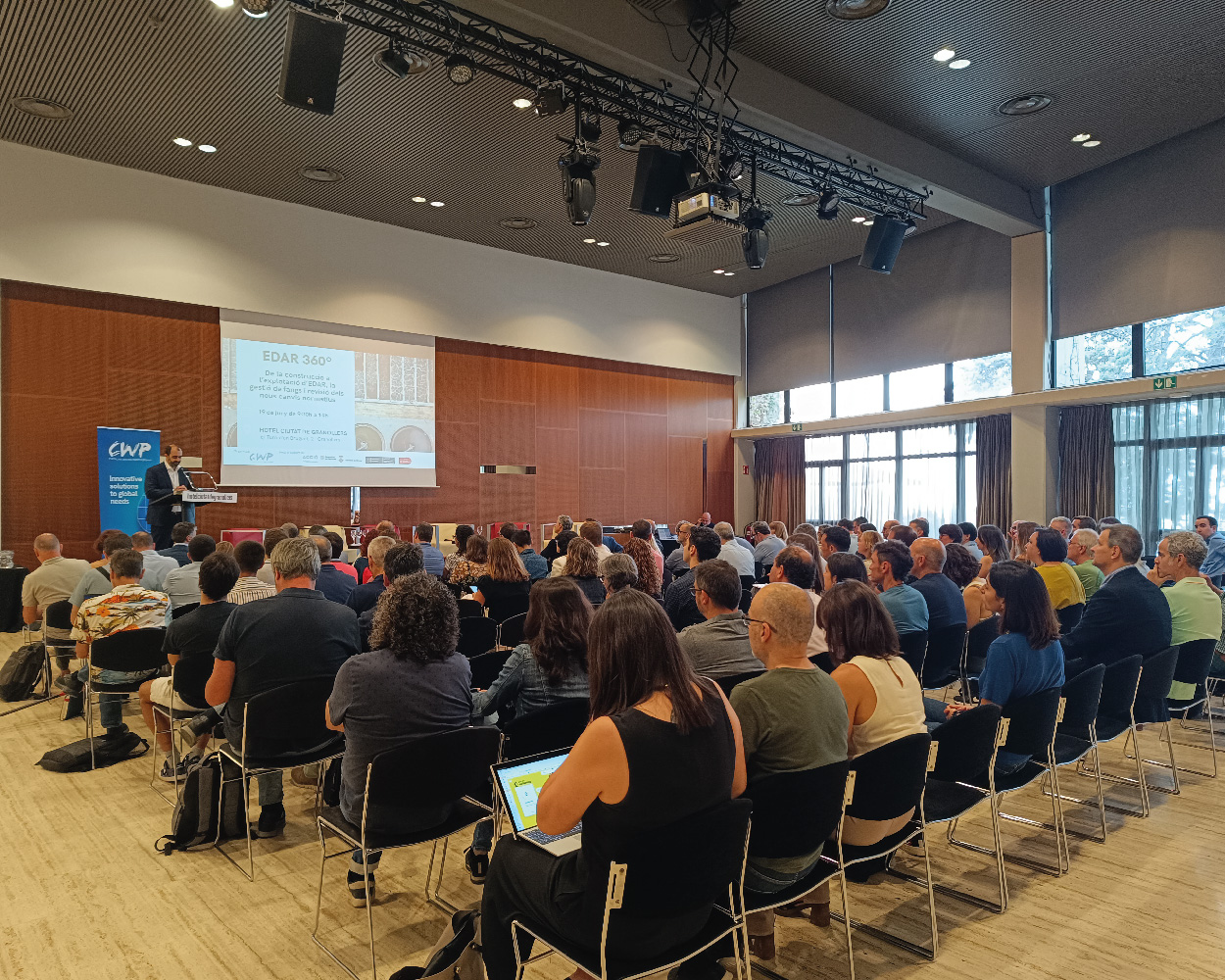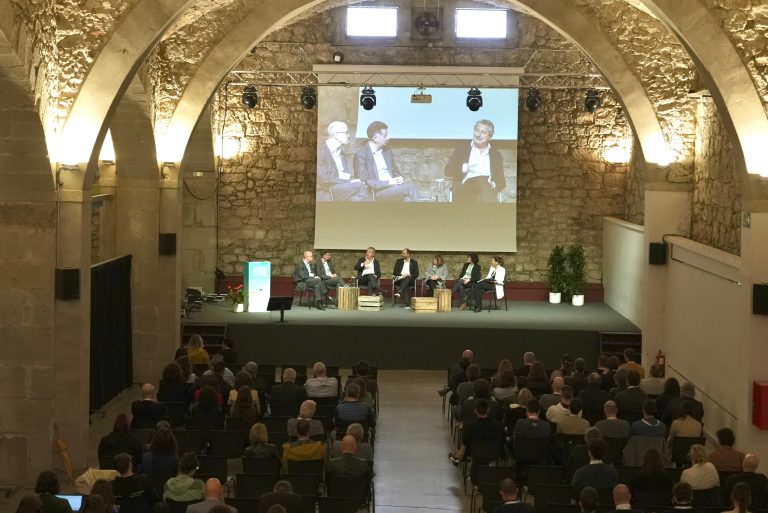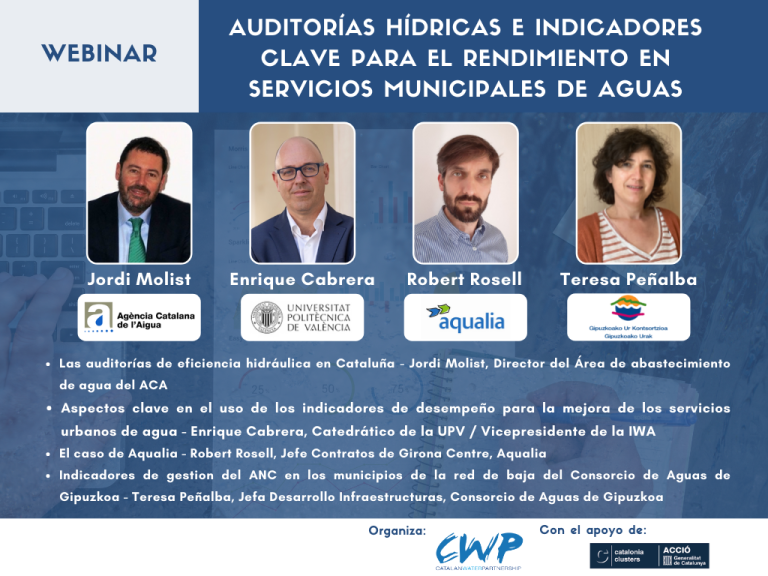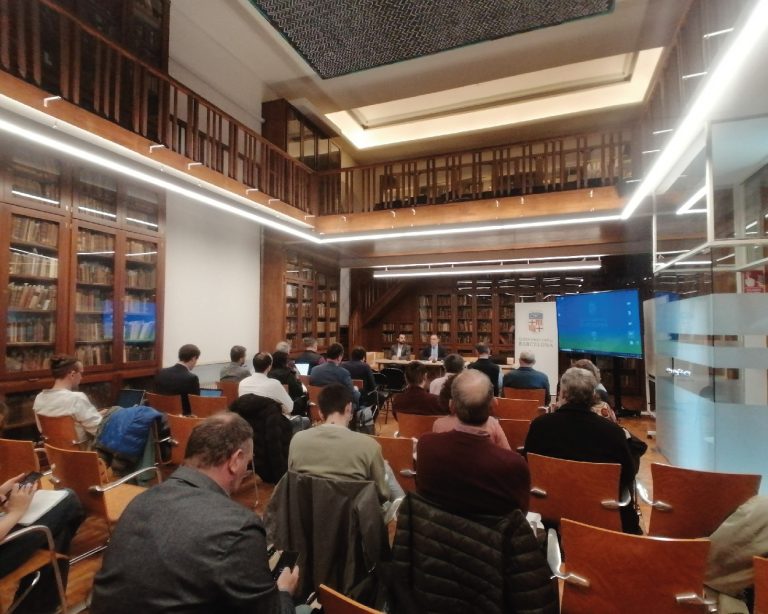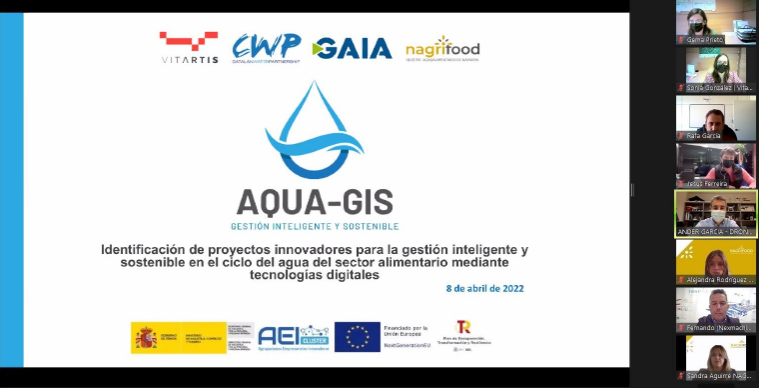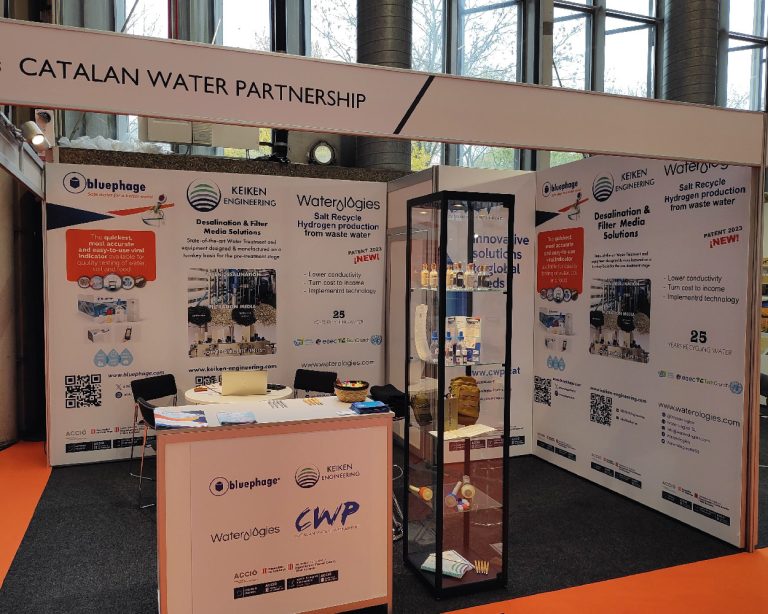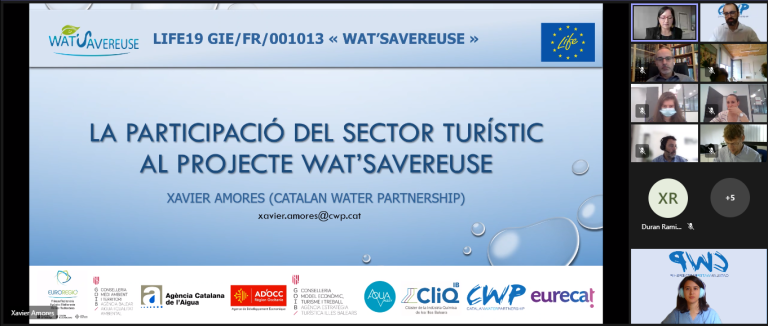The CWP organizes a seminar on the EDAR life cycle and addresses its future challenges.
On June 19th, the “EDAR 360º: From the Construction to the Operation of EDAR, Sludge Management, and Review of the New Regulatory Changes” event was held, organized with the support of the Besòs Tordera Consortium, with the objective of exploring its life cycle and all the areas that affect it.
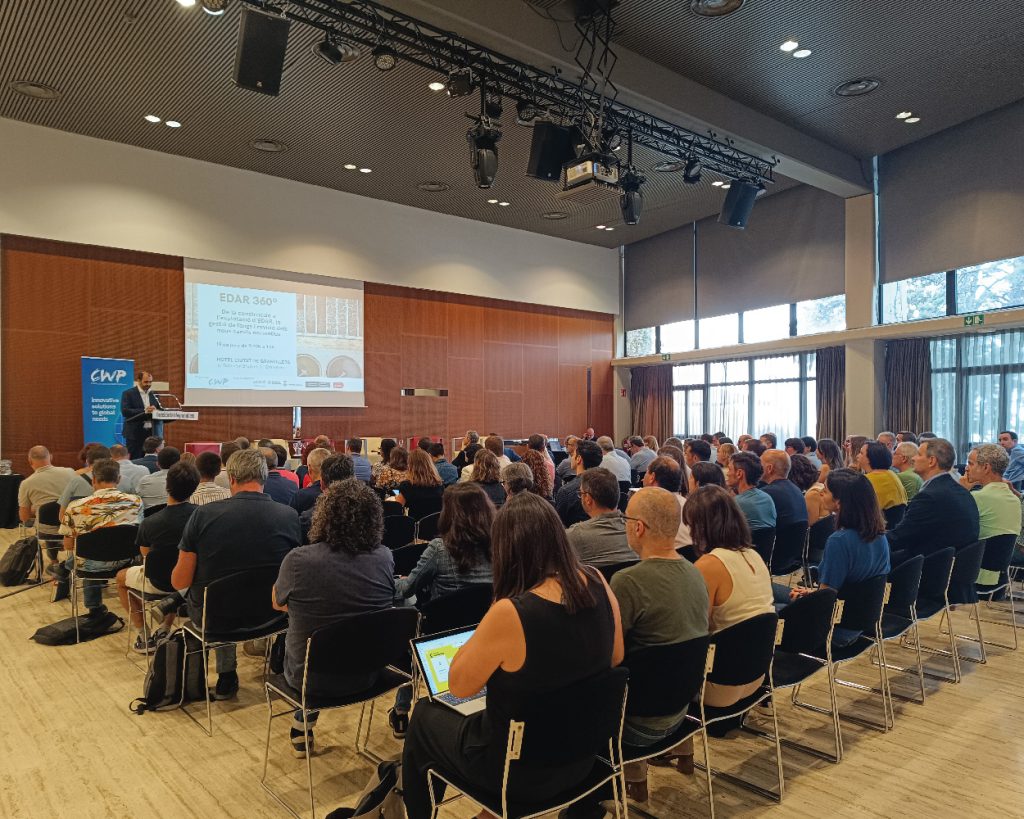
The event provided a holistic view of EDAR, covering all phases and areas of impact. The event began with a welcome by Xavier Amores, director of CWP, and Albert Solà, manager of the Besòs Tordera Consortium, who delivered the inaugural presentation titled “New Challenges, New Hopes,” where he emphasized that “the current and future challenges of the sector are framed within the climate crisis we are immersed in: drought and regeneration.” Following this, the first session block focused on the challenges and the new regulatory context. The keynote was delivered by Irene Morante, head of the sanitation and wastewater treatment area of the Ministry for Ecological Transition and the Demographic Challenge, who emphasized that “the revision of the regulations is based on three key aspects: addressing remaining pollution, overcoming new challenges, and improving governance.” Then, Marc Moliner, head of the strategy and regulation department in the wastewater sanitation area of the Catalan Water Agency, also highlighted this regulation, pointing out that “the sector’s challenges are related to drought, which affects the environment and supply, regulation, sludge management, but also talent acquisition.”
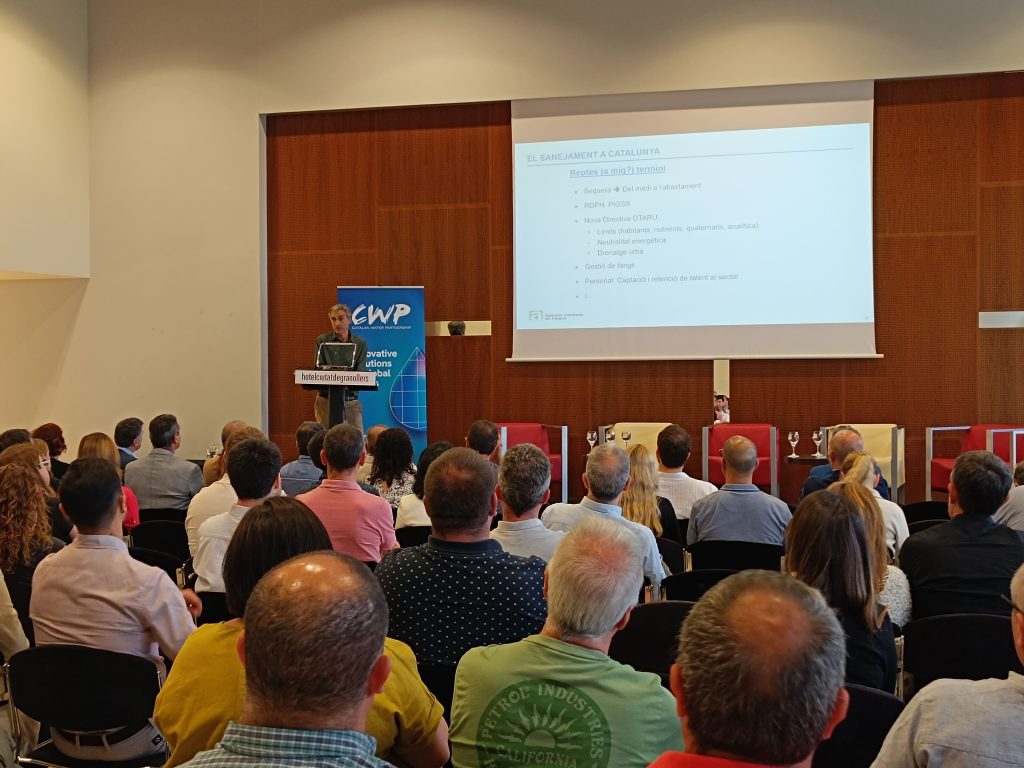
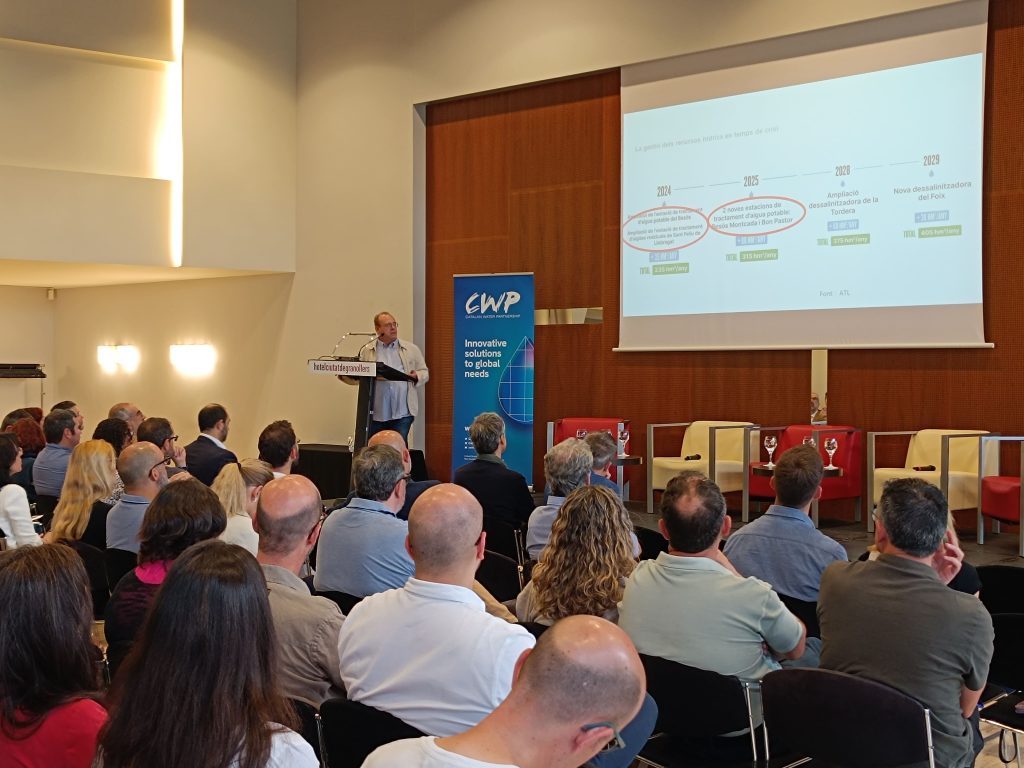
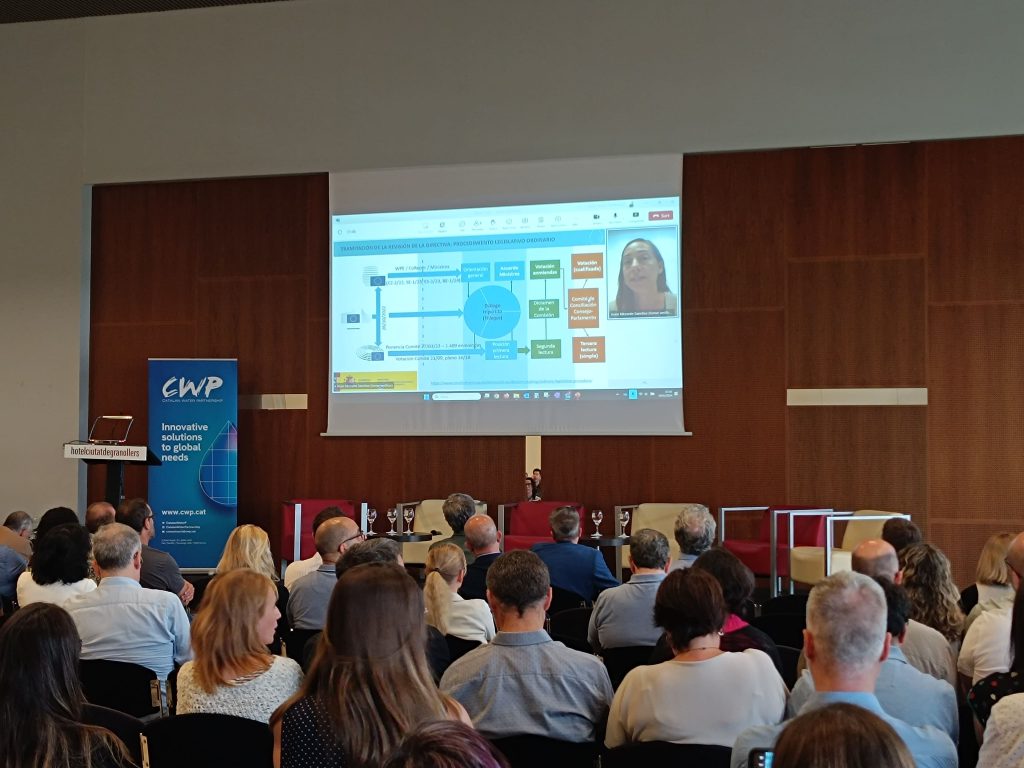
In the second block of presentations, the design and construction of EDAR were addressed, featuring presentations by Óscar Soria, head of projects and client manager in the sanitation and supply area of ABM; Emma Parpal, head of the urban technical office of Aquatec; and Miguel Rodríguez, delegate for Catalonia at Alsina. The third block delved into success stories and experiences related to the maintenance and operation of EDAR, including sludge management, with contributions from Lucía Fernández, assistant director of sanitation at Aigües de Catalunya; Olga Herrero, technical director of Ciclagua; Jordi Palatsi, plant manager of the Lleida EDAR of Aqualia; and Elvira Cesar, head of operation and maintenance at Sorigué.
After the presentations, future challenges in the management of EDAR were discussed in a roundtable. This was moderated by Andreu Iglesias, director of engineering, operation, and maintenance at Sorigué, and featured the participation of Marc Moliner, head of the strategy and regulation department in the wastewater sanitation area of the Catalan Water Agency; Xesco Granés, director of sanitation at Aigües de Catalunya; Emma Parpal, head of the urban water technical office at Aquatec; Pere Aguiló, operations director at Besòs Tordera Consortium; and Jordi Palatsi, plant manager of the Lleida EDAR at Aqualia. In the roundtable, opinions and perspectives were exchanged on the paradigm shift in the management of sanitation systems, moving from treating and purifying water to return it to the environment in the best possible state, to becoming global systems capable of producing valuable resources, energy, contributing to climate change mitigation, detecting new pollutants, etc. This requires the collaboration of all levels of the sector, attracting talent, and improving mechanisms to achieve this.
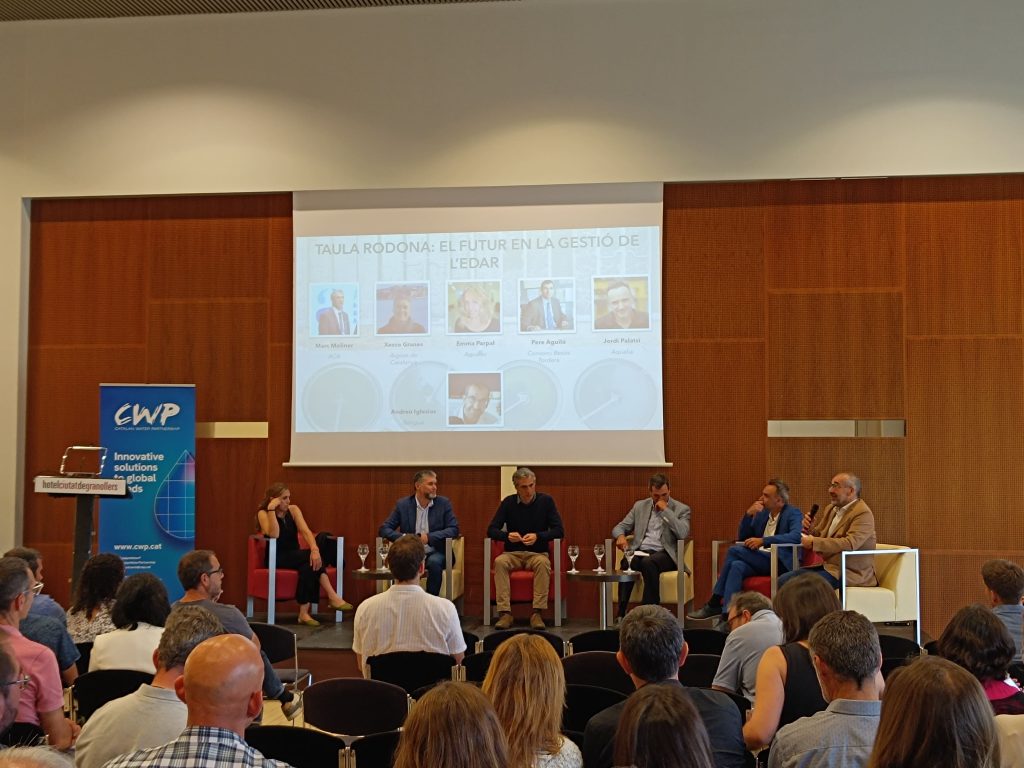
Roundtable composed of (from left to right): Emma Parpal (Aquatech), Xesco Granés (Aigües de Catalunya), Marc Moliner (ACA), Pere Aguiló (Consorci Besòs Tordera), Jordi Palatsi (Aqualia), Andreu Iglesias (Sorigué).
To conclude the event, a pitch session of innovative technologies and R&D projects focused on the event’s theme was held. First, the BIODAPH2O project was presented, which involves the treatment of wastewater with nature-based technology, presented by Victòria Salvadó, professor at the University of Girona. Secondly, the AtmosphAIr project, which involves the study of the generation, prediction, and minimization of atmospheric pollutants in EDAR through artificial intelligence, was presented by Adrià Luque, software engineer at Spin. Thirdly, the uses of digital twins for EDAR management were discussed by Albert Mestre, CEO and co-founder of Intemic. Finally, solvent-free flocculants to save or revalue EDAR sludge: HIMLOC Technology, presented by Guillem Solé, commercial director of Derypol.
The event brought together over 130 experts in the municipal water treatment sector, and opinions and visions regarding the implementation of the new regulations, as well as future challenges for the sector, were discussed.
